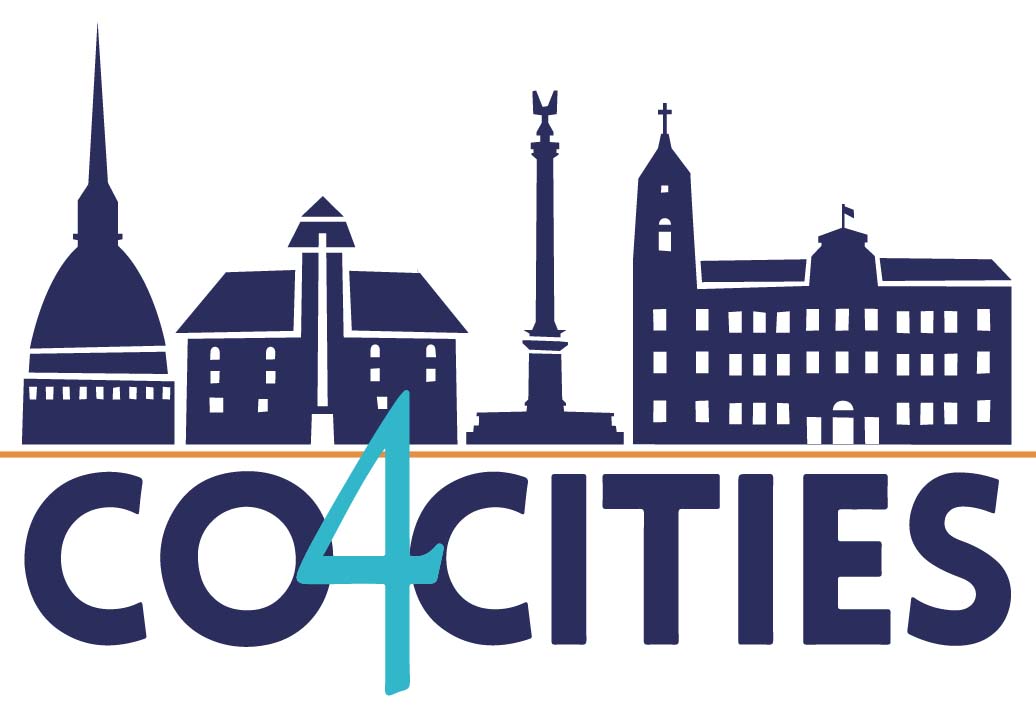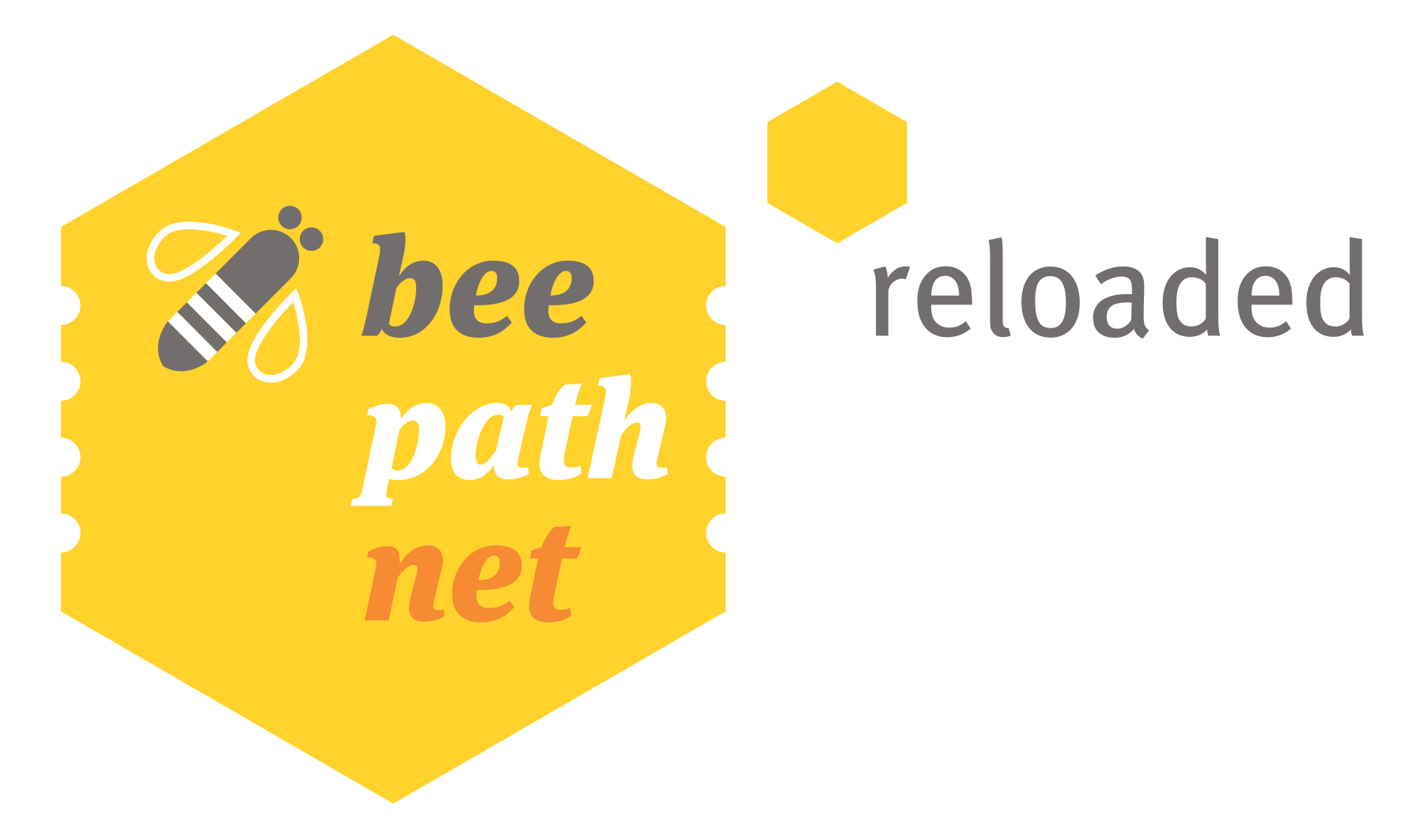News from our cities and networks
Edited on
14 March 2022New funding, cooperation tools, resident surveys… latest news from URBACT cities finding better ways to tackle local challenges.

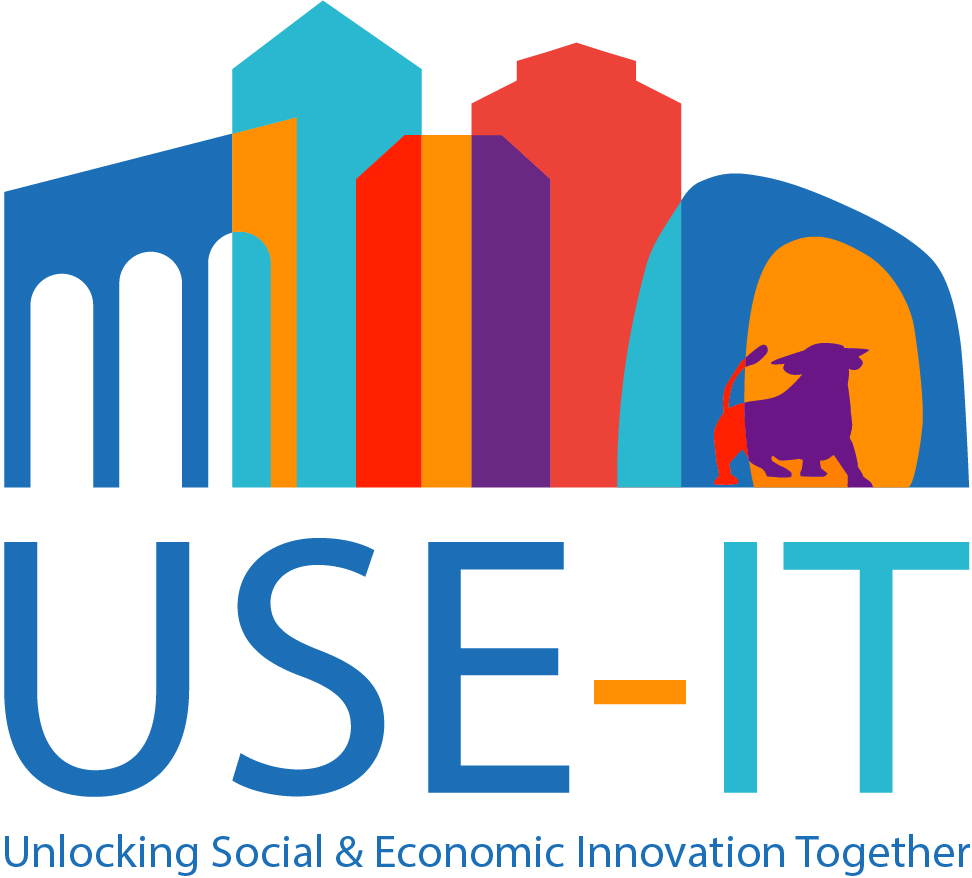 Innovative action rollout across the city
Innovative action rollout across the city
The UIA-URBACT USE-IT network was set up to transfer methods for ‘unlocking social and economic innovation together’ from a UIA project in Birmingham (UK) to three more EU cities. Birmingham is seizing this opportunity to roll out USE-IT to an even bigger area in its own city.
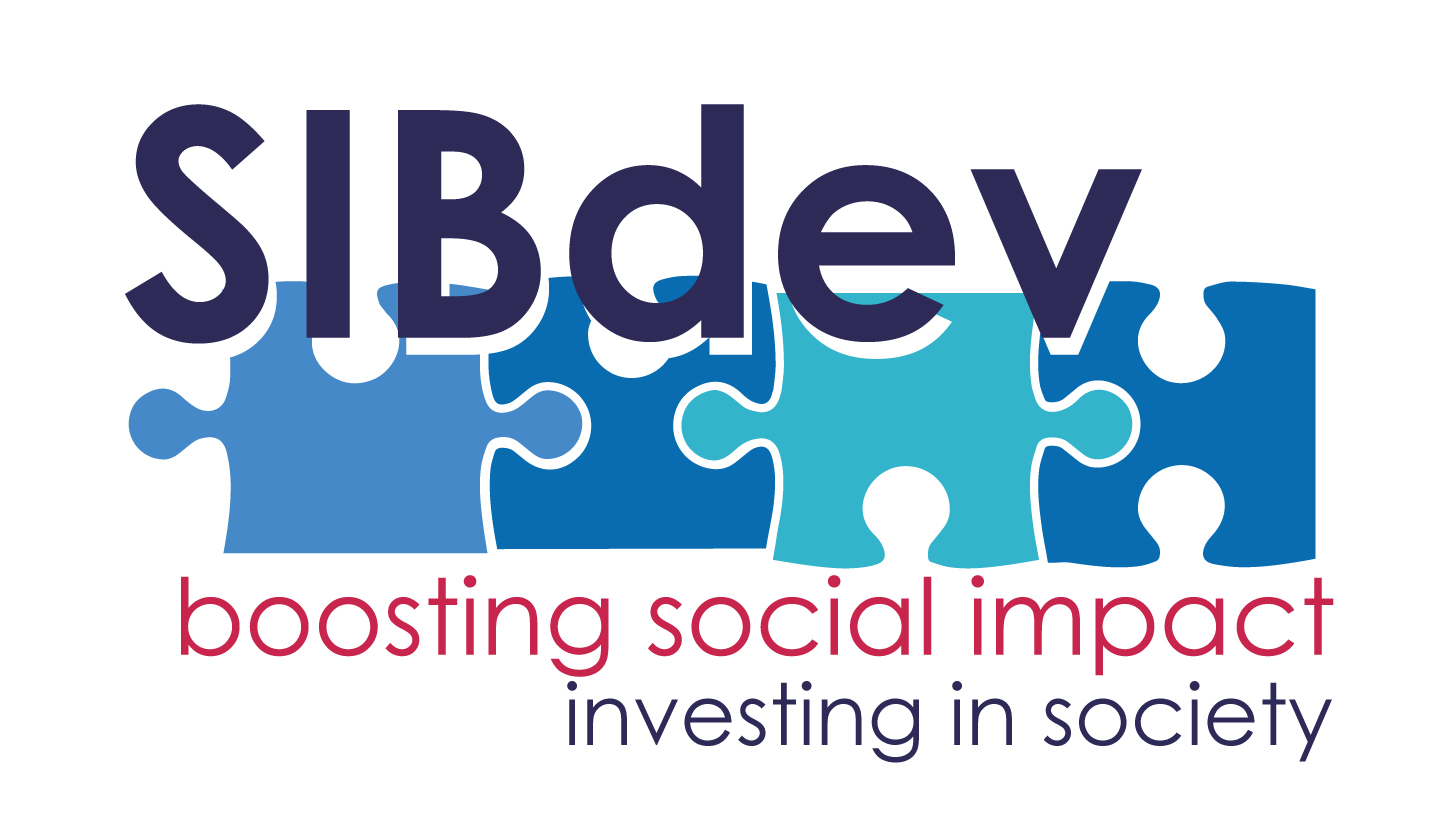 A tool for helping private capital support social actions
A tool for helping private capital support social actions
A look back at the SIBdev network’s first steps: eight towns and cities set out to explore Social Impact Bonds as a potential “new secret ingredient” for better public service delivery in areas such as employment, ageing, and immigration.
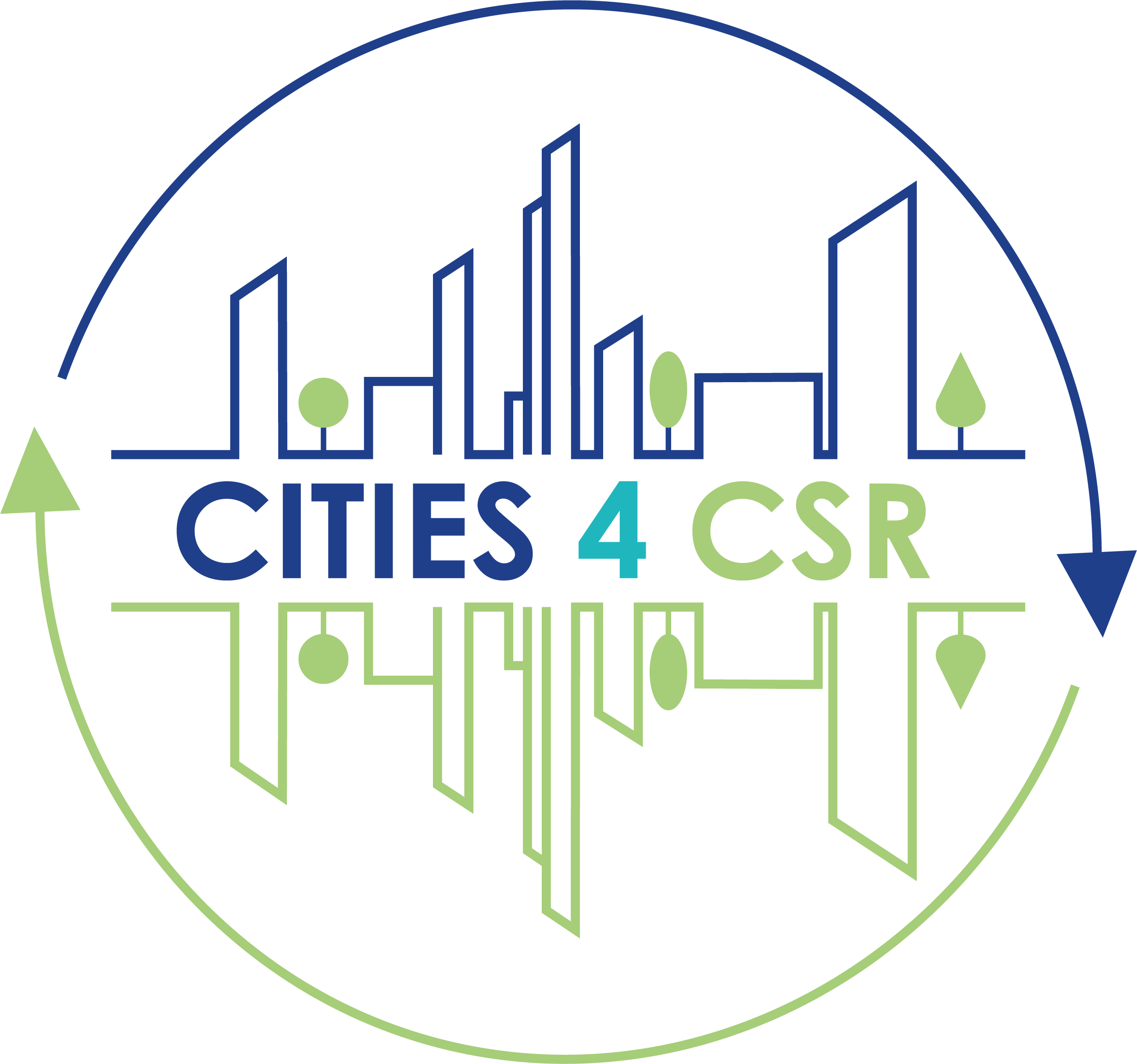 Bratislava’s new focus on Corporate Social Responsibility
Bratislava’s new focus on Corporate Social Responsibility
Slovakia’s capital and largest city launches its first ever joint call to residents, businesses and institutions to help plant 10 000 trees. And in the process learns to listen to businesses – and develop new internal regulation on receiving donations. Thank you, CITIES4CSR!
 Who’s best placed to drive the energy transition?
Who’s best placed to drive the energy transition?
“This survey confirms the fact that cities are a relevant scale to tackle climate change.” Discover what citizens expect their public authorities to do about sustainable energy – thanks to research in the eight territories making up the Urb-En Pact network.
The CO4CITIES’ transnational meeting reports show a UIA-URBACT network creating a “chemistry of cooperation” among the 40 participants from Turin (IT), Budapest (HU), Cluj-Napoca (RO) and Gdansk (PO). Turin shares its tools for improving public sector cooperation with citizens.
![]() The love factor in urban infrastructure projects
The love factor in urban infrastructure projects
How to ensure local support for mobility infrastructure improvements? The RiConnect network’s eight metropolises investigate ecosystem building and the benefits of putting economic development, social cohesion and gender equality at the heart of city action plans.
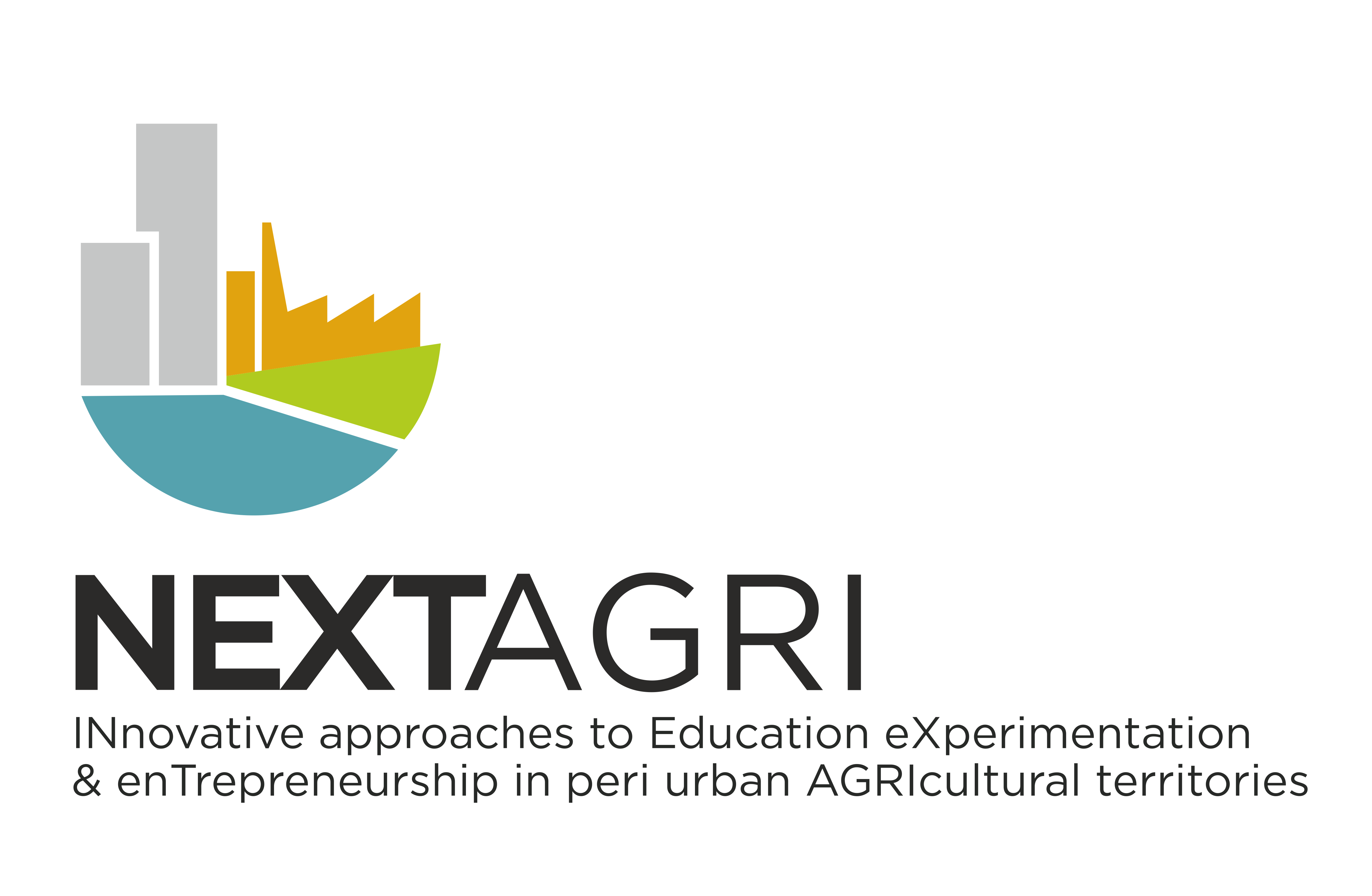 New skills for new jobs in peri-urban agriculture
New skills for new jobs in peri-urban agriculture
See how an URBACT Transferability study breaks down good practice into modules that can be adapted and transferred to other cities. In this way, NEXT AGRI network partners will re-use Milan’s UIA OpenAgri model to boost peri-urban agriculture in their own diverse local contexts.
Also, read about Milan inspiring the network to use ‘Communities of Practice’ together with the URBACT methodology to mobilise local stakeholders. And discover ‘Foody Zero Waste Hub’, an initiative for the recovery of surplus fruit and vegetables at Milan’s general market and its distribution to vulnerable families.
Find out about biodiversity in towns and cities, and the positive role of pollinators. The BeePathNet network’s newsletter is for anyone interested in urban bees. Available in six EU languages.
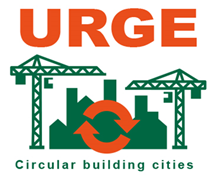 Sustainable building, green procurement
Sustainable building, green procurement
Watch Copenhagen (DK) promoting circular construction, working with neighbouring municipalities and start-ups. And explore Kavala’s (EL) use of procurement to address environmental and social challenges in construction projects. Latest video and case study from the URGE network promoting re-use and recycling in the building sector.
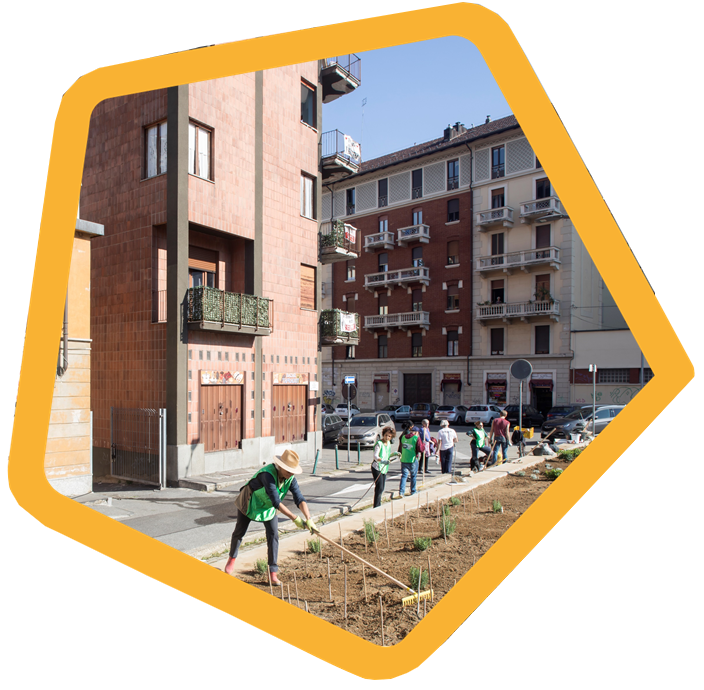
Read our publication for stories from cities understanding, adapting and re-using URBACT Good Practices: Good Practice Transfer – Why not in my City?
We hope you enjoy this URBACT city news round-up. If you have any news to share from URBACT cities, or ideas for more stories on sustainable urban development, get in touch!
URBACT promotes sustainable, integrated urban development, supporting exchange and learning between EU towns and cities. Since its launch URBACT III has enabled the creation of 83 networks involving 454 cities from 28 countries. Almost half of these cities have populations of under 100 000. Ongoing projects include Action Planning Networks, Transfer Networks, and National Practice Transfer Initiatives. Meanwhile five networks are transferring urban solutions from UIA projects, and another is localising the Sustainable Development Goals.
 Submitted by Amy Labarrière on
Submitted by Amy Labarrière on

